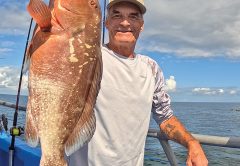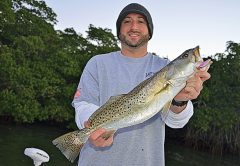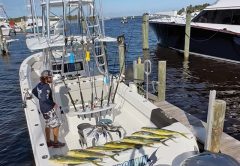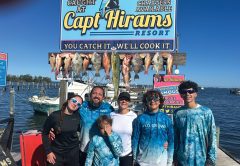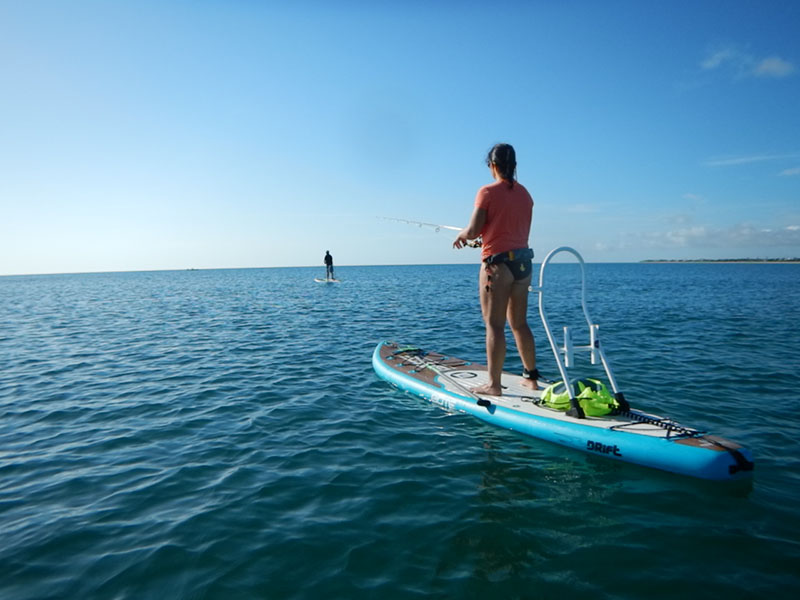
By Jennifer Hoard
Stand Up Paddle Board (SUP) safety is a hot topic amongst paddling professionals, manufacturers and those passionate about SUP. Since opening our shop, Sea Sup Go Paddle and Surf at Royal Palm Pointe in Vero Beach, Florida we have meet many folks not aware that the U.S. Coast Guard (USCG) determined paddle boards operated outside of surfing, swimming or bathing areas are considered vessels. This means that each paddler 13 years of age or older must have a USCG approved type I, II, III or appropriate Type V life jacket or personal floatation device (PFD) while on their SUP. Additionally, self-inflating waist or belt style PFDs are becoming popular. If you prefer that style, be aware the Coast Guard requires you wear it, with CO2 cartridge installed, when operating your SUP. So, don’t store it under the bungee of your board. USCG defines appropriate as: “in serviceable condition and the correct size and fit of the wearer”. Paddlers 12 years of age and younger are required to wear their USCG approved life jacket. Each paddler is also required to carry a whistle or other sound-producing device to warn boaters. Also note, if you are on the water after sunset you must carry a flashlight or similar lighting device to warn other boaters. Also, as the operator of a vessel you must follow navigation rules and are also required to report any boating accident or injury to local reporting authority, either the USCG or other agency that has been delegated as an authority. So, if you have the required equipment and follow these rules The United States Coast Guard declares you legal. But you will want to check your State and Local agencies to see if they have some additional rules and regulations that you need to be made aware.
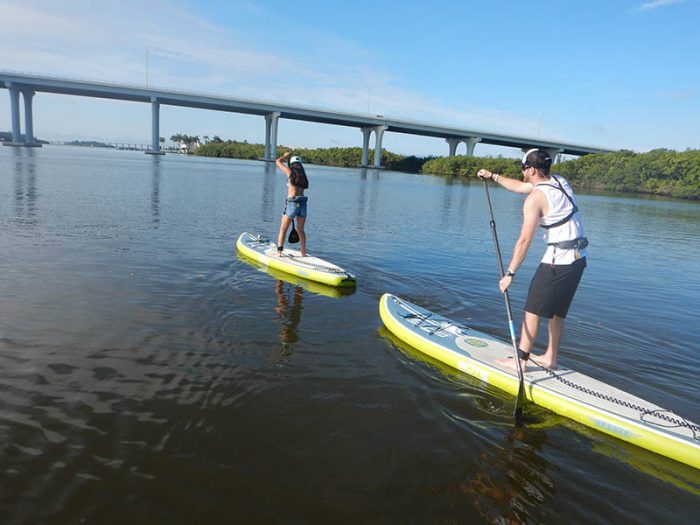
Another very important piece of equipment all SUP paddlers should own is a leash. The SUP leash is a urethane cord that attaches to the tail of the board and either your ankle, calf or knee. Leashes can be straight or coiled. Situational awareness is a common used term when discussing safety on paddle boards and is critical in choosing which type of leash to use. Straight leashes are typically used when surfing. These leashes do not have a snap back or coil effect and are the safe choice when SUP surfing. Coil leashes are generally used for paddling in any conditions outside of the surf zone. These leashes will be on top of your board and will not cause drag like the straight ones.
People new to SUP who purchase their board from a friend, neighbor, online classified site or big box retail store may not be aware of the rules and regulations. We recommend first-time paddlers and novice paddlers seek out a trusted professional that has been professionally trained and certified to teach correct and safe paddle techniques. The lesson should include basic paddle and self-rescue techniques as well as how to properly get back on your board when you fall off. There should also be time spent practicing how to save other paddlers in distress. If you are not prepared, this can be a dangerous sport even in perfect conditions. The entire Sea Sup Go team is professionally trained and certified to properly teach these techniques to make your time on the water fun and safe.
Jennifer and her husband Barrett are the owners of Sea Sup Go located in Vero Beach, FL. For more info contact them at info@SeaSupGo.com or (772) 217–8708.

